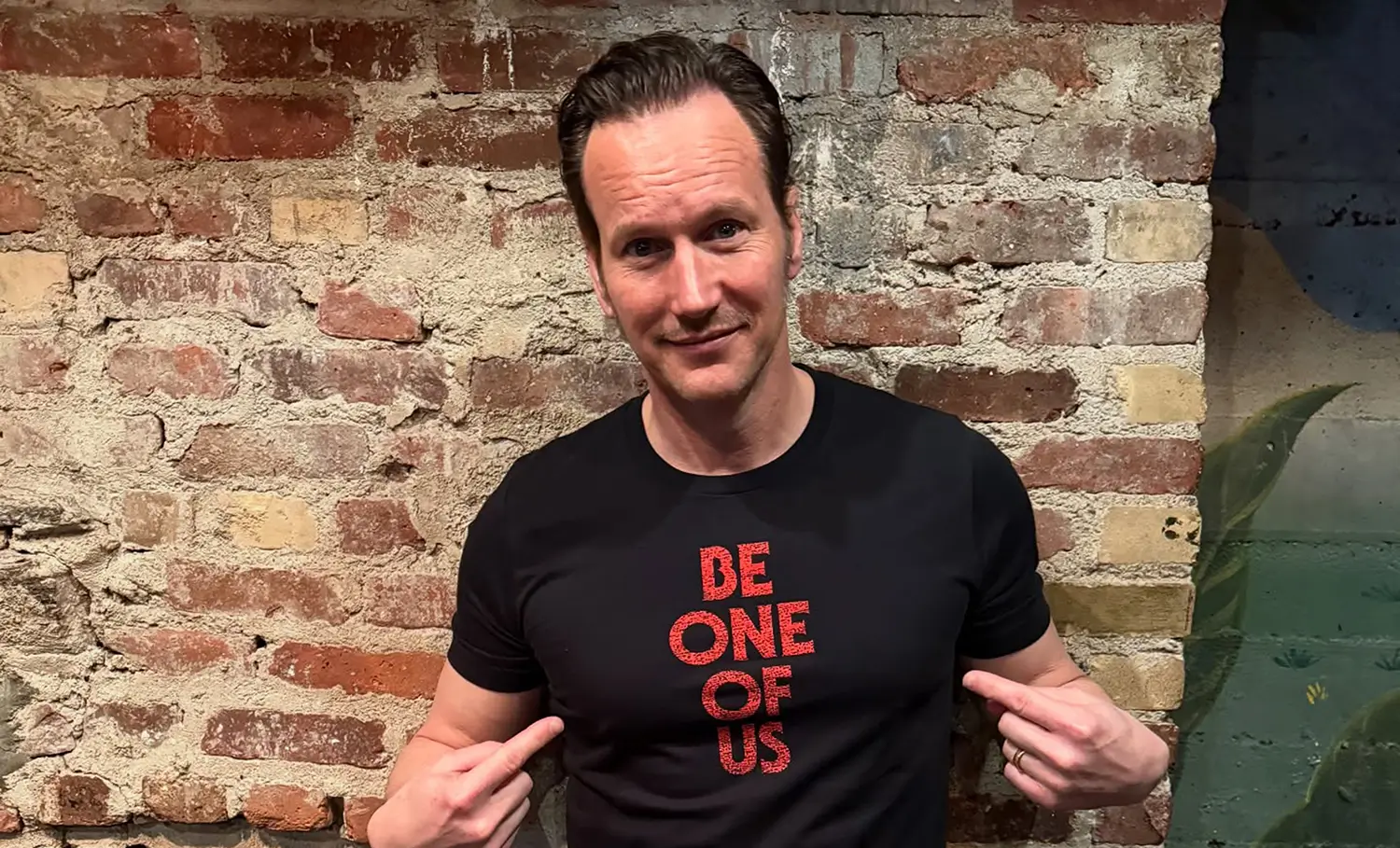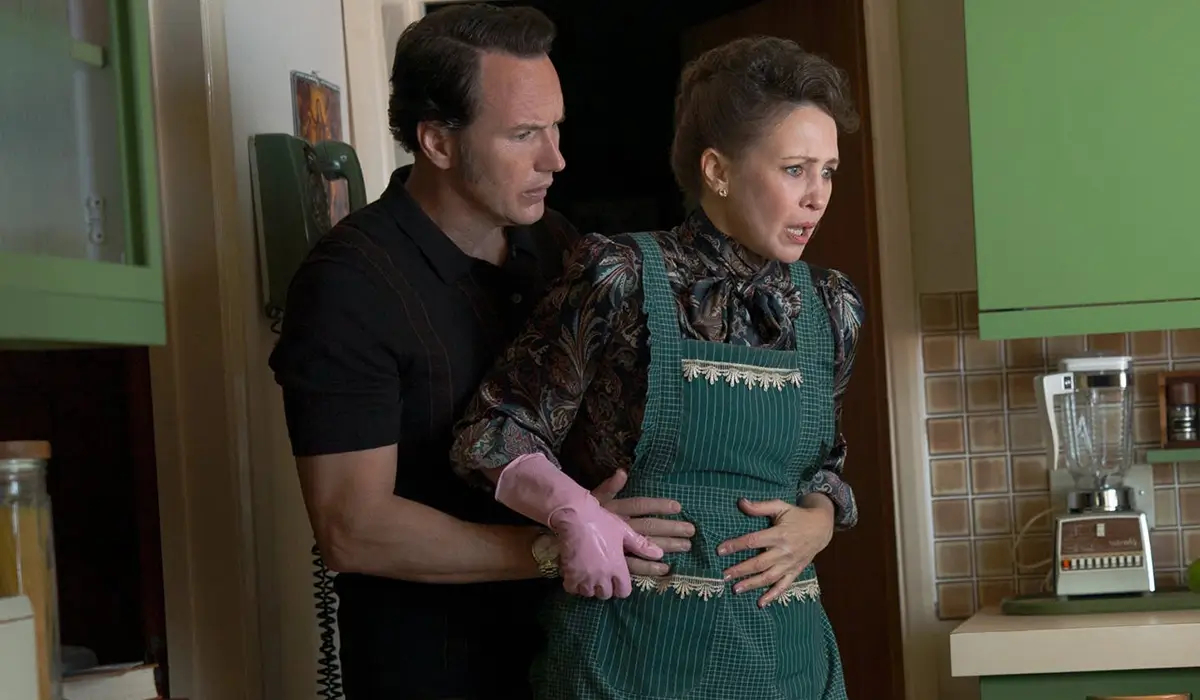Table of Contents
Kid Rock, born Robert James Ritchie, has transformed from a Detroit rapper into one of America’s wealthiest musicians with an estimated net worth of $150 million in 2025. The multi-talented artist’s journey from a controversial white rapper to a country rock superstar represents one of the music industry’s most fascinating financial success stories. But how exactly did Kid Rock accumulate such substantial wealth, and what sources contribute to his impressive fortune?
Kid Rock’s Net Worth: The Numbers Behind the Fortune
Kid Rock’s net worth in 2025 is estimated at $150 million, according to Celebrity Net Worth. This substantial wealth places him among the top-earning musicians of his generation, despite his controversial public persona and political stances that have sometimes alienated portions of his fanbase.
Kid Rock’s three-decade-long music career provides the majority of his yearly revenue, which comes to about $36 million. His financial success stems from multiple revenue streams, including album sales, touring, real estate investments, business ventures, and strategic brand partnerships.
Early Life: From Wealthy Beginnings to Musical Stardom
The Privileged Background Kid Rock Downplays
Contrary to his “middle-class” claims, Kid Rock grew up wealthy: His father owned multiple car dealerships, and his family property was massive enough to boast its own orchard and barnyard for several horses. The family estate featured a 5,628-square foot mansion with an in-ground pool, tennis court and guest house across its five acres.
This privileged upbringing provided Kid Rock with advantages that many aspiring musicians lack, including access to recording equipment, studio space, and initial funding for his career. Born on January 17, 1971, in Romeo, Michigan, Robert James Ritchie discovered his passion for hip-hop music at an early age, teaching himself to rap, DJ, and breakdance while still in elementary school.
The Foundation of a Music Empire
Kid Rock’s business acumen emerged early in his career. As one industry insider noted, “This kid was doing something with the internet that others weren’t hip to yet. His small house in Royal Oak was like a crash pad and record company. When I saw the operation in his basement, it blew my mind. The mailing lists, the street teams. He had a crew of people working the computer, doing things that at the time were really foreign.”
Music Career: The Primary Source of Kid Rock’s Wealth

Record Sales and Chart Success
He’s sold 25 million albums in the United States and another 35 million around the world, making Kid Rock one of the best-selling artists of the past three decades. His breakthrough album, “Devil Without a Cause” (1998), became a massive commercial success, selling 14 million copies, catapulting Kid Rock to mainstream success and earning him a Grammy nomination for Best New Artist in 2000.
The album’s success was driven by hit singles like “Bawitdaba” and “Cowboy,” which helped establish Kid Rock’s unique genre-blending style that incorporated elements of rock, rap, and country music. This musical versatility has been crucial to his longevity and financial success in an industry known for its fickleness.
Album Milestones and Achievements
Kid Rock’s discography includes 12 studio albums, with several achieving multi-platinum status:
- “Devil Without a Cause” (1998): 14 million copies sold worldwide
- “Cocky” (2001): 5 million copies sold
- “Rock n Roll Jesus” (2007): His first #1 album on the Billboard 200
- “Born Free” (2010): Marked his transition to country music
- “Bad Reputation” (2022): His most recent studio album
The Evolution of Kid Rock’s Sound
Kid Rock’s ability to adapt his musical style to different audiences has been a key factor in his sustained commercial success. Beginning as a rapper in Detroit’s hip-hop scene, he gradually incorporated rock elements before eventually pivoting toward country music. This musical evolution allowed him to tap into different demographics and revenue streams throughout his career.
Touring Revenue: The Live Performance Goldmine
Kid Rock’s touring career has been a significant contributor to his wealth. His live performances are known for their high energy, elaborate production values, and loyal fanbase. Despite his wealth, Kid Rock has occasionally taken pay cuts to keep ticket prices affordable for fans.
In 2013, he set every ticket for his tour with ZZ Top and Uncle Kracker to be $20, explaining: “We’re all so overpaid. It’s ridiculous. People stopped going to concerts because they can’t afford them.” Even with reduced ticket prices, Kid Rock’s tours remained profitable due to increased merchandise sales and ancillary revenue streams.
Strategic Touring Decisions
Kid Rock’s touring strategy demonstrates his business savvy. He explained that his shows cost “$125,000 per night per show for his crew, equipment and band,” but by sharing revenue from beer sales, parking, and merchandise, he could maintain profitability while building fan loyalty.
Real Estate Portfolio: Strategic Property Investments
Kid Rock’s real estate investments represent a significant portion of his wealth. His property portfolio spans multiple states and includes some impressive holdings:
Nashville Mansion
Kid Rock owns a massive 27,000-square-foot mansion in Nashville that podcast host Joe Rogan described as looking “like the White House.” Uniquely, the property has only two bedrooms, with the remainder dedicated to “party space,” including a hot tub that can accommodate around 20 people.
Florida Oceanfront Property
Kid Rock acquired an oceanfront home in Jupiter, Florida, for $3.2 million, providing him with a luxury coastal retreat.
Former Malibu Estate
In 2006, Kid Rock purchased a 5-bedroom Balinese-style mansion in Malibu, California, for $11.6 million. He eventually sold the property in 2017 for $9.5 million, taking a loss on the investment but freeing up capital for other ventures.
Alabama Compound
Kid Rock owns a 500-acre compound in Alabama, demonstrating his preference for large, private properties that align with his country persona.
Detroit Area Properties
Maintaining ties to his Michigan roots, Kid Rock owns multiple properties in the Detroit suburbs, including a lakefront mansion and a multi-property equestrian compound where he houses horses and maintains a caretaking staff.
Business Ventures and Brand Partnerships
Kid Rock’s Big Honky Tonk & Steakhouse
While Kid Rock doesn’t have majority ownership of the Nashville restaurant and venue that bears his name, he licenses his brand to the establishment. Some estimates suggest the bar generates approximately $30 million in annual revenue, though these figures haven’t been independently verified.
Merchandise and Licensing
Kid Rock has developed his own clothing line, available through his official website. The merchandise includes items that reflect his controversial public persona, such as “No F***s Given” shirts and “Cancel This” shirts featuring middle finger imagery. The store also sells branded pint glasses, bucket hats, and beer pong sets.
Beer and Beverage Ventures
Kid Rock has been involved in beer-related business ventures, including having his own brewery produce beer sold at his concerts, creating additional revenue streams from his live performances.
Television and Film Appearances
While not a major source of income, Kid Rock’s appearances in television and film have contributed to his overall wealth and helped expand his brand recognition. He has appeared in various film and television projects, including “The Howard Stern Show,” “Joe Dirt,” “Biker Boyz,” “CSI: NY,” “Stacked,” and “Top Gear.”
His most notable film role was in “Joe Dirt” (2001), where he played the character Robbie. He also provided voice work for the animated film “Osmosis Jones” and appeared as a fictionalized version of himself in popular TV shows including “The Simpsons,” “King of the Hill,” and HBO’s “Silicon Valley.”
The Business of Controversy: Political Positioning and Profit
Kid Rock’s shift toward conservative political positions has been both criticized and defended by those close to him. His longtime attorney, Thomas Valentino, suggested that Kid Rock’s political positioning is partly driven by business considerations: “This is a guy who has always had his pulse on who his audience is. Right now, he recognizes 90% of the people who come to his shows are buying into what he’s doing and saying politically.”
This strategic positioning, while controversial, has helped Kid Rock maintain relevance and continue selling tickets and merchandise to his core fanbase, even as his music output has decreased in recent years.
Annual Earnings and Income Streams
Kid Rock’s career in the music industry has been nothing short of spectacular. Having sold over 25 million album copies in the United States and over 35 million worldwide, the rockstar has earned an estimated income of $20 million to $30 million annually.
His annual income comes from various sources:
- Music royalties and streaming revenue
- Touring and live performance fees
- Merchandise sales
- Real estate investments and rental income
- Brand licensing deals
- Business venture profits
Charitable Work and the Kid Rock Foundation
Despite his controversial public persona, Kid Rock has been involved in various charitable endeavors. He established the Kid Rock Foundation, which raises money for multiple charities, with a particular emphasis on supporting American soldiers stationed overseas. He has also performed at benefit concerts, including events for Hurricane Katrina relief and tours for the United Service Organizations.
Personal Life and Family Wealth
Kid Rock shares one son, Bobby Jr., now 31, with his former classmate Kelley South Russell. Bobby has followed in his father’s footsteps, working as a Social Media Manager and Brand Ambassador while also pursuing his own music career under the name Robert James in Nashville.
Kid Rock became engaged to Audrey Berry in 2017, following previous high-profile relationships with model Jaime King and actress Pamela Anderson, whom he briefly married in 2006.
Investment Strategy and Wealth Management
Kid Rock’s approach to wealth management appears to focus on diversification across multiple asset classes. His investments include:
- Real estate holdings across multiple states
- Music publishing rights and royalties
- Business ventures in hospitality and merchandise
- Brand licensing opportunities
- Strategic partnerships in the entertainment industry
Future Wealth Projections
At 54 years old, Kid Rock shows no signs of slowing down financially. While his music output has decreased compared to his peak years, his established revenue streams from touring, merchandise, real estate, and business ventures continue to generate substantial income.
His ability to maintain relevance through controversy and political positioning, while polarizing, has proven effective at keeping his core fanbase engaged and spending money on his brand.
Lessons from Kid Rock’s Financial Success

Kid Rock’s journey to a $150 million net worth offers several insights for aspiring entrepreneurs and entertainers:
- Diversification is key: Not relying solely on music sales but building multiple revenue streams
- Know your audience: Understanding and catering to your core demographic
- Adapt and evolve: Changing musical styles and business strategies as markets shift
- Invest in real estate: Building wealth through property investments
- Control your brand: Maintaining ownership and licensing control over your image and name
- Strategic controversy: Using polarizing positions to maintain relevance (though this approach carries risks)
Conclusion: The Kid Rock Financial Empire
Kid Rock’s $150 million net worth in 2025 represents more than three decades of strategic business decisions, musical evolution, and brand building. From his privileged beginnings in Michigan to his current status as a wealthy entertainer and businessman, Kid Rock has demonstrated remarkable adaptability and business acumen.
While his controversial political positions and public statements have alienated some fans, they have also solidified his connection with his core audience, ensuring continued revenue from touring, merchandise, and brand partnerships. His diverse portfolio of real estate investments, business ventures, and ongoing music royalties provides multiple income streams that should sustain his wealth well into the future.
Whether you admire his music, his business sense, or neither, Kid Rock’s financial success story demonstrates the power of understanding your audience, diversifying revenue streams, and maintaining relevance in an ever-changing entertainment landscape. His $150 million net worth stands as a testament to the financial rewards available to those who can successfully navigate the intersection of music, business, and brand building in the modern entertainment industry.
Source: Kid Rock Net Worth









